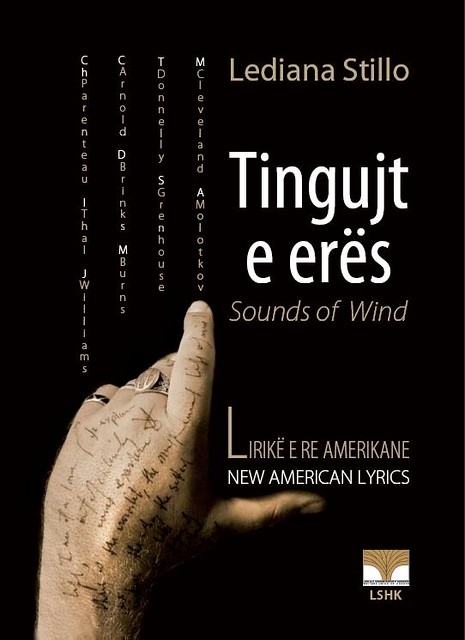In The Arts Fuse, I have a discussion with theatre director Guy Ben-Aharon, and Goethe-Institut Boston Director Detlef Gericke-Schönhagen and Program Curator Annette Klein about their new project, German Stage, a series presenting contemporary German plays to Boston audiences. The program runs in parallel to Ben-Aharon's other series, Israeli Stage, which similarly presents work by Israeli playwrights.
German Stage makes its premiere on October 15th with Voltaire and Frederick: A Life In Letters which is based upon the correspondence between Voltaire and Frederick II of Prussia and was conceived by Gericke-Schönhagen.
Amongst the topics we discuss are the differences between German and American theatre:
Ben-Aharon: Though American playwrights are not well-paid, their work is looked at with great respect by American theatres and directors. One could say American theatre is a playwright’s medium; their dialogue is never changed without permission, and the chronology of a play is something one would never tamper with, unless in a workshop context with the playwright in the room. German directors seem to have a greater ‘power’ than the power of their American counterparts: they are freer to explore and re-explore a play’s theme or story by changing its course, i.e. German directors will take a script and direct the scenes in a different order than what was originally written. This is something American directors would never imagine doing.
As well as the relevance of Voltaire and Frederick II in the 21st century (particularly on Boston stages which last year saw the acclaimed Mary Zimmerman helmed production of Candide at the Huntington as well as the superficial name dropping of David Adjmi's Marie Antoinette at American Repertory Theatre:)
Gericke-Schönhagen: The questions raised by the Enlightenment are more relevant today than ever before. They have shifted from a European level to a global level. If you read how Frederick and Voltaire discussed questions of religion, superstition, so-called blasphemy and persecution from their very first letter on, when Frederick was 24 and Voltaire was 42, you feel as if it was today and you are reading a discussion in The New York Times. Frederic hated the superstitious European monarchs of his time, who often were intellectually uneducated and thus overly influenced by intellectually superior, power-driven advisers from the churches. Frederick was not a democrat, but he was an intellectual, highly educated, radically secular yet tolerant of religious belief.
The conversation continues in The Arts Fuse!






